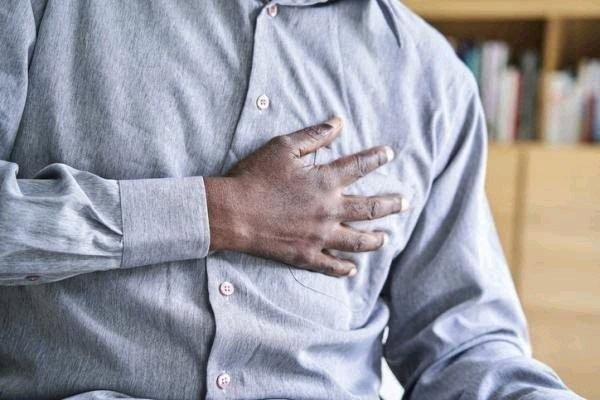Your heart is more than just a vital organ it’s the engine that keeps you alive, pumping blood and oxygen throughout your body every single minute. Because it works tirelessly, it’s easy to take it for granted until something feels off. But the truth is, your body often gives you subtle signals when your heart isn’t doing well. Ignoring these signs can be dangerous, so it’s important to listen closely and take action early.
Here are some signs your heart might be struggling and why you should pay attention:
1. Chest Discomfort or Pain
This is the classic warning sign. You might feel pressure, squeezing, fullness, or even burning in the chest. Sometimes it happens during physical activity, other times when resting. This pain could mean your heart isn’t getting enough oxygen, a sign of coronary artery disease or even a heart attack. Don’t brush it off or wait too long — immediate medical attention can save your life.
2. Shortness of Breath
If you find yourself gasping for air after climbing stairs or even doing simple chores, it might be your heart. A failing heart can’t pump efficiently, causing fluid to build up in your lungs. This symptom should never be ignored, especially if it’s new or worsening.
3. Fatigue and Weakness
Feeling tired all the time, even after enough rest, might seem normal with a busy lifestyle but it could be your heart struggling to supply enough blood to your muscles and organs. When the heart can’t keep up, your energy plummets.
4. Swelling in Legs, Ankles, or Abdomen
When the heart isn’t pumping properly, fluid can build up in your body. This often shows up as swelling, called edema. It’s a sign that your heart may be failing and needs attention.
5. Irregular Heartbeat or Palpitations
Notice your heart racing, fluttering, or skipping beats? These abnormal rhythms can be harmless sometimes, but if frequent, they might indicate arrhythmia or other heart problems.
Your heart is literally the center of your health. If you notice any of these signs, don’t ignore them hoping they’ll disappear. Talk to your doctor, get tested, and make lifestyle changes if needed. Early action can prevent serious complications and keep your heart strong for many years to come. Remember, taking care of your heart is taking care of your life.
